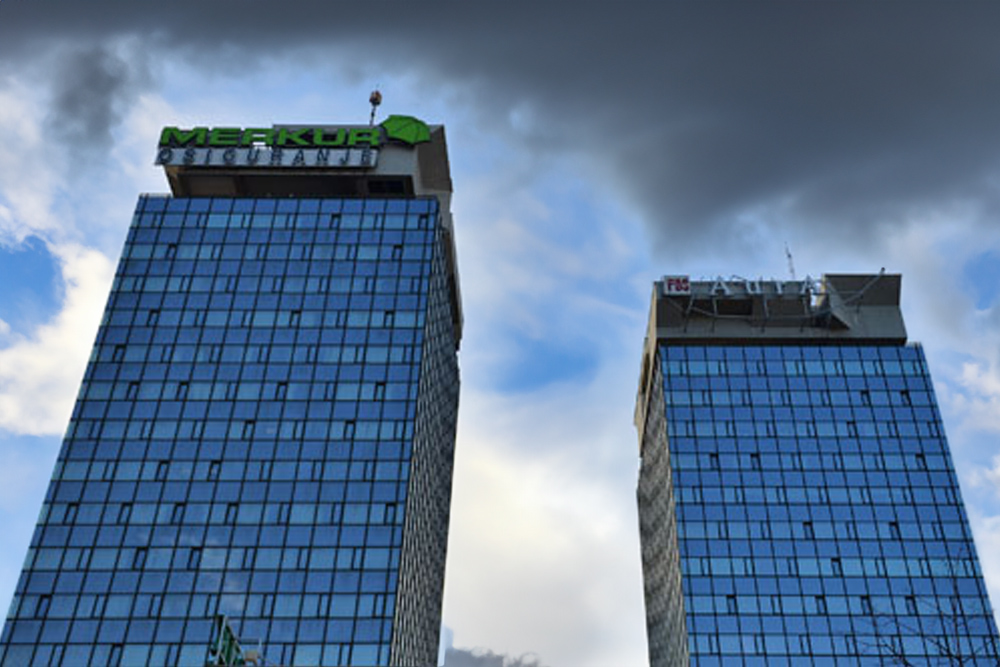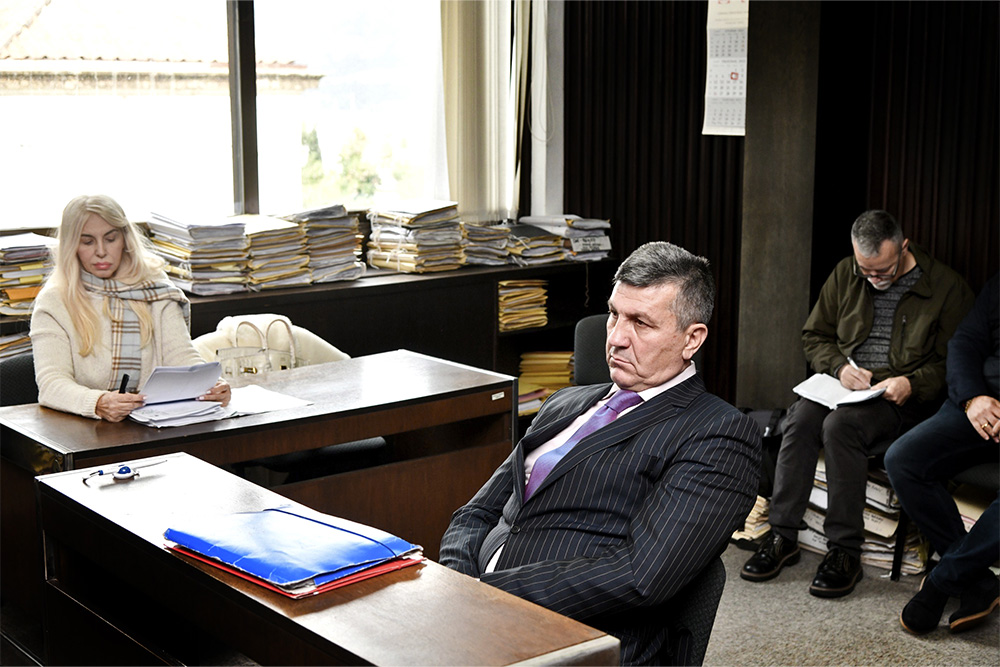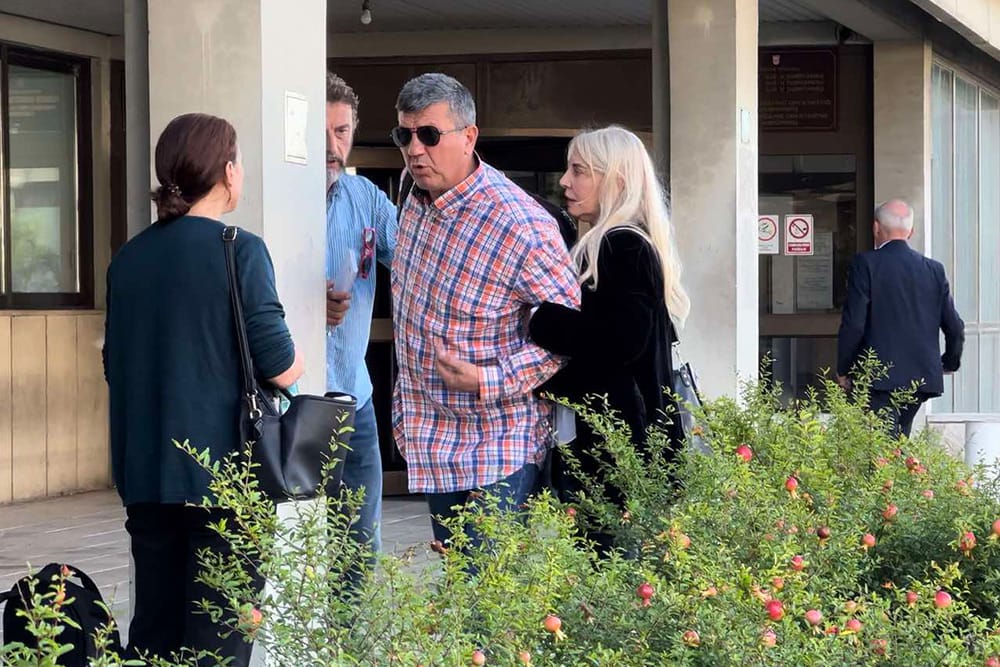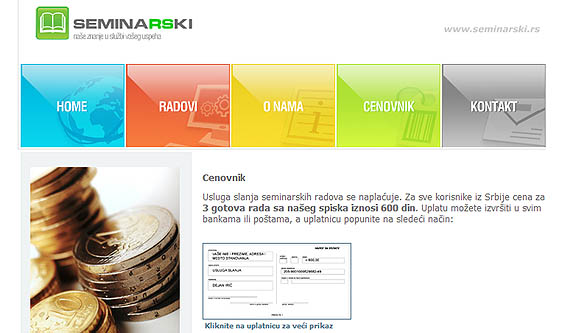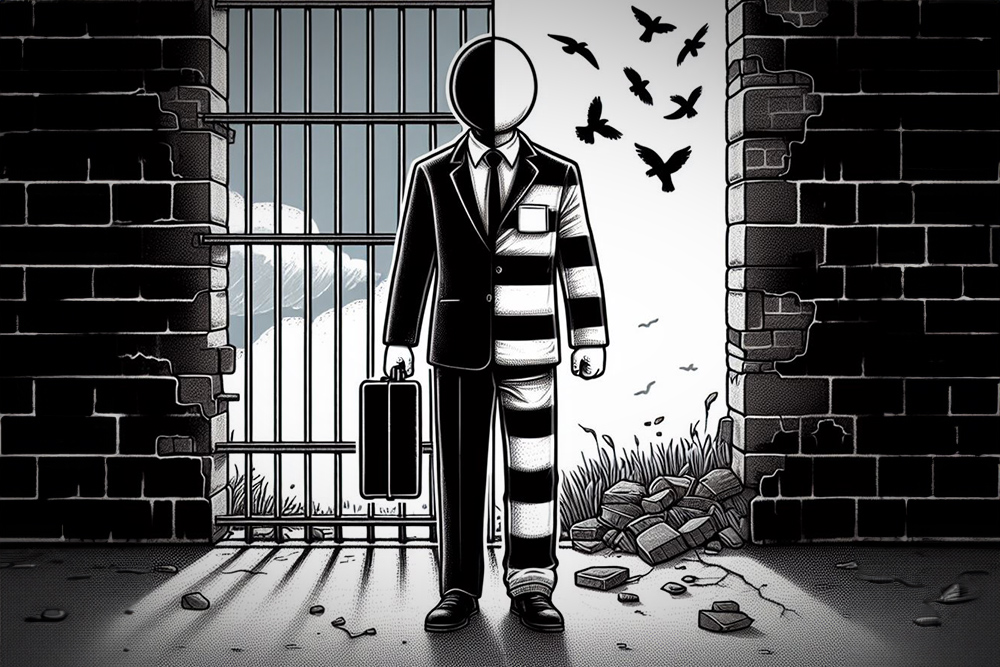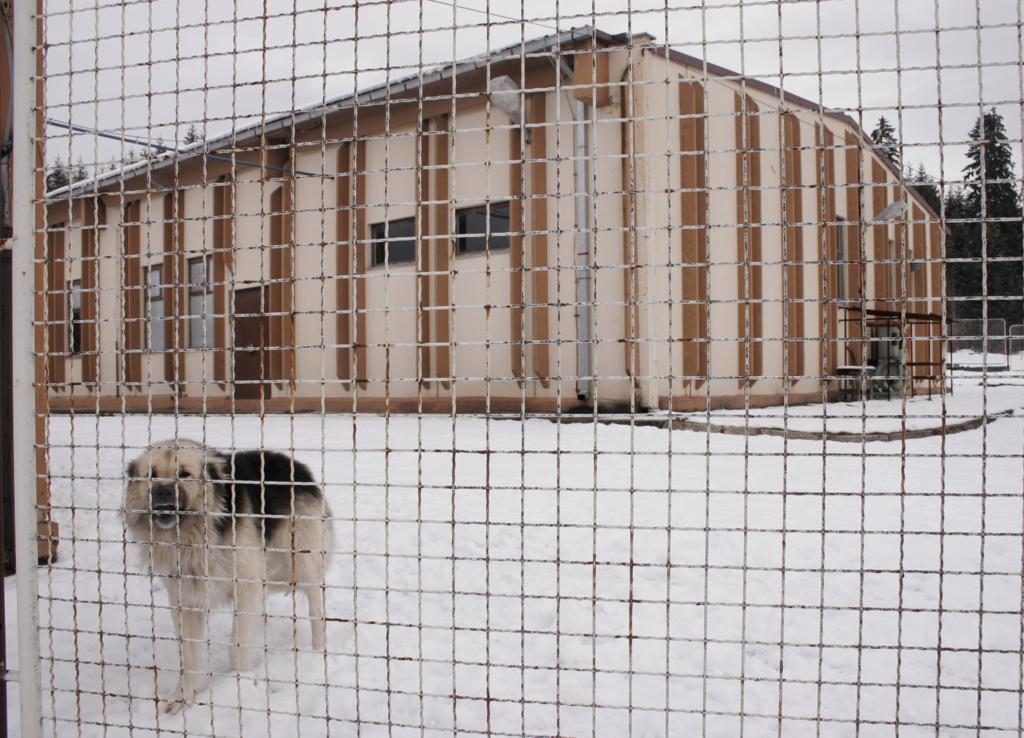Five years ago Mesud Hrvat had 250,000 KM. Today he lives on the brink of poverty. He lost money after he fell for the promise of high profits on Forex currency market.
According to a police investigation, he is one of several hundred victims cheated in Bosnia and Herzegovina (BiH) between 2006 and 2011. Offshore companies and several individuals are behind the scheme. Investors gave them money convinced they were making an investment from which they would profit handsomely. At least 20 million KM never reached the stock exchange. A part of the money was returned to the investors as a dividend that attracted new investment. Some of the money was used to buy real property, and some had left the country. No one has been sentenced so far.
Hrvat sold a hospitality business and an apartment in Sarajevo for 260,000 KM. In mid-June 2008, when the money was deposited in the bank, an acquaintance of his Nurko Zgodić popped by and told him how he invested money on Forex, earning €45.000 on €5,000 investment.
“That seemed like an opportunity of a lifetime. I thought of making money and buying business premises”, said Hrvat in an interview with the Center for Investigative Reporting (CIN) in Sarajevo. He and his wife did not work at the time. “I am a geography professor by formation. The years caught up with me. There’s no chance of finding a job in the school”, said Hrvat who has four children.
Zgodić told him that behind the investment is “an outstanding company ‘Forex’“ which is a subsidiary of Mat Investment Group whose authorized representative was Muhamed Bukva. His office was in a Sarajevo Unitic Business Center. The following morning they went to the office. Bukva and his son-in-law Emir Džaferagić received him. Bukva said that they represented a serious investment group “which was more powerful in Europe in the financial sense than the state of Switzerland”.
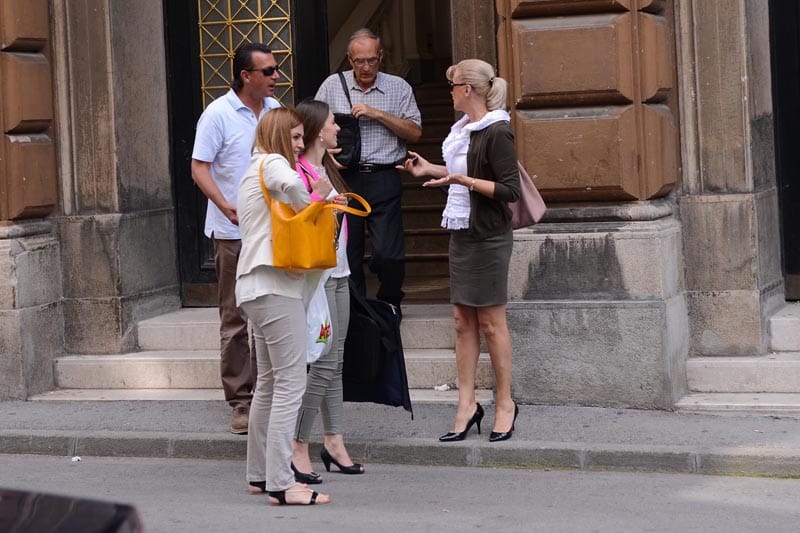
Hrvat was told that he had to give Bukva or Džaferagić at least €5,000 pays and pay a 13 percent commission. This is how investment in the currency market worked, they told him. Within 14 days a watermarked receipt acknowledging the payment arrives. Profit percentage is calculated weekly and can be cashed in or reinvested.
Hrvat decided to invest €25,000. Two weeks later he received shares, i.e. the receipts and soon followed text messages announcing 3 percent profit on the invested money. This motivated him for new payments until he put up all 260,000 KM.
Bukva had sent him €4,155 once. Hrvat assumed that this was a dividend – a profit on the investment. In September 2008, the payments and text messages stopped coming in.
Hrvat said that in the subsequent meetings, Bukva told him that a global recession got going and that inspectors were checking money transfers.
At the end of that year Bukva called him to say that he switched to a Hong-Kong based Future Trend Investment Holding Limited and that Hrvat was to bring all investment documents and sign he agreed with the transfer of business to the new firm. Hrvat did as he was told. Bukva and Džaferagić told him that the firm was planning to open a branch office for Europe. After this the phone messages kept on coming for a while until the Unitic office was closed and the business moved on-line.
He received a password to enter the page. He tried to recoup at least half of the cash, but in vain. In April 2011, he reported the case to the Federation of BiH (FBiH) police.
Offshore companies
On account of his and other persons’ complaints the FBiH police launched an investigation. They found out that Mat and Future companies were offshore companies incorporated in off-shore zones which guaranteed the anonymity of real owners.
On behalf of the FBiH police the UK police found that Mat Investment Group CO was incorporated in Nov. 2007 and was cleared from the register two years later. The firm’s director was Dorothy Morin from the Seychelles. It’s shareholder firm was Fidelity Holdings LTD whose owner Renato Kandera had a Croatian passport. The police found that the firm’s address in London was an office which was just receiving and dispatching mail. London police thinks that the company was established for fraud.
A Hong Kong-based Future Trend Investment Holding Limited is an offshore company that was established in Dec. 2008. The register shows no names of the owners.
According to the records from the state Ministry of Foreign Trade and Economic Relations that the police obtained, the company has not registered a branch office in the country nor was it registered as a foreign investor.
Bosnian business register shows a Sarajevo-based Future Invest LTD at the address Fra Anđelo Zvizdović in the Unitic towers. The records show Emir Džaferagić as its founder and Muhamed Bukva as its director.
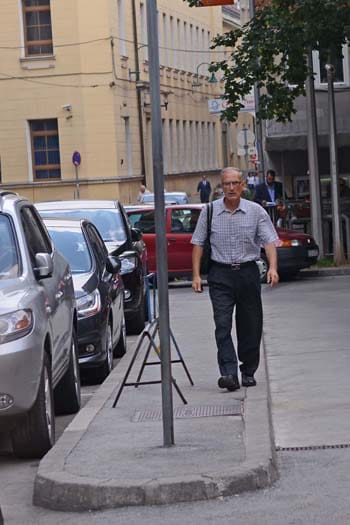
Citizens reported to police that they gave money to Džaferagić, Bukva and Mladžen Kešelj from Sarajevo, Dimitrije Preradović and Slobodan Kalezić from Prnjavor, Marko Štrbac from Vitez and Davor Kordić from Busovača.
Some of the defendants did not deny that. Bukva told the police that he bought a €73,500 worth an apartment at the seaside in Orebić, while Štrbac bought two apartments in Trogir which he deeded in the name of his wife Slađana.
Based on defendants and witnesses’ testimonies, the police found that many citizens have met Hrvat’s fate. The only difference among them was the amount of invested money. Supposedly, the investments made were in the range between €5,000 and €100,000. The police said that some citizens took out loans to invest money on the Forex market.
Džaferagić told the police that the dividends paid out to earlier “investors” came from new money. In 2008, the number of investors decreased, he said, the payments stopped coming and the pyramid imploded.
Bukva told CIN that he was an investor and that he just helped other people. About the Unitic office he said that it was not connected with Forex. In one moment I tried to open my own firm for another business.”
However, during the search of his home, the police found business cards bearing his name and the title of Mat Project Limited. They also found a list of 387 persons who gave nearly €7.3 million. A spreadsheet listed “investors” first and last names, DOB, a type of investment. Those responsible for accounts were Bukva, Džaferagić, Kešelj and some other persons.
>Bukva, Džaferagić and Štrbac on trial
The FBiH police filed a criminal report for organized crime with the state prosecutor’s office in 2011, but the report was sent back to the prosecutors at the cantonal level. The Cantonal Prosecutor’s Office in Sarajevo filed an indictment against Bukva, Džaferagić and Štrbac in June 2012, while they dropped the case against Kalezić and Preradović stating there was no sufficient evidence. The police has sent the reports against Kešelj and Kordić to the Prosecutors’ Offices in East Sarajevo and Travnik.
The indictment differed from the criminal report. It said that Bukva, Džaferagić and Štrbac falsely represented themselves as the representatives of the non-existent investment fund Mat Project Limited Company By Shares, Mat Investment Group CO and a Hong Kong-based Future Trend Investment Holding Limited.
Prosecutor’s witnesses were Hrvat, Davor Mustafić, Azra Pršeš, Zdenko Rajić, Mehemed Spahović, Ivica Šunjić, Rasim Iković, Mirsad Sijerčić, Nedžad Fejzić and Dževad Hodžić. Their story was similar: they gave at least €5,000 plus a €750 commission to Bukva, Džaferagić or Štrbac, who told them that business was risky but highly profitable. They had known the defendants or acquaintances introduced them. Some of the witnesses like Spahović, attended a workshop that was held at the Hotel Bosnia in Sarajevo.
The witnesses said that their cash passed hands in cafes and other public spaces. They were lulled into thinking that the business was safe because of the nicely furnished Unitic office, the certificates of payments, stamps and similar things.
The documents and photographs of text messages have been filed with the Prosecutor’s Office.
Zlatko Dugandžić, an expert witness for money, documents and handwriting said during the trial that “the securities” that the citizens received as a proof of investment were “a joke”.
“The certificates in questions about the profit sharing were not made on any special type of paper nor was a required technological and technical methodology used in their production. They don’t have any elements of protection that are required from this type of documents”, said Dugandžić.
The witnesses for defense were Bukva’s brother Ahmet, his brother-in-law Mehmedalija Kraljić, an acquintance Razija Duratbegović and a friend Hasan Bećirović, as well as Štrbacs’ acquintances Dragan Vukajlović and Edin Špago.
They all gave money. Some of them got more than the amounts invested, while others did not recoup their money. Still, they did not consider themselves scammed.
Bećirović, a deputy at the state parliament, said that Bukva was a friend of his. He gave Bukva €30,000 and he got back €17,000. Bećirović said that his background was in the economics and that he knew how stock exchange operated. He said he did not consider himself to be scammed. “Such is the risk of financial investments. You are winning one moment, and losing another. It was my inability to foresee the global economic crises”.
Ahmed Hodžić, the director of FIMA brokerage, also testified for defense. He talked about Forex, stock exchange, the way of doing business.
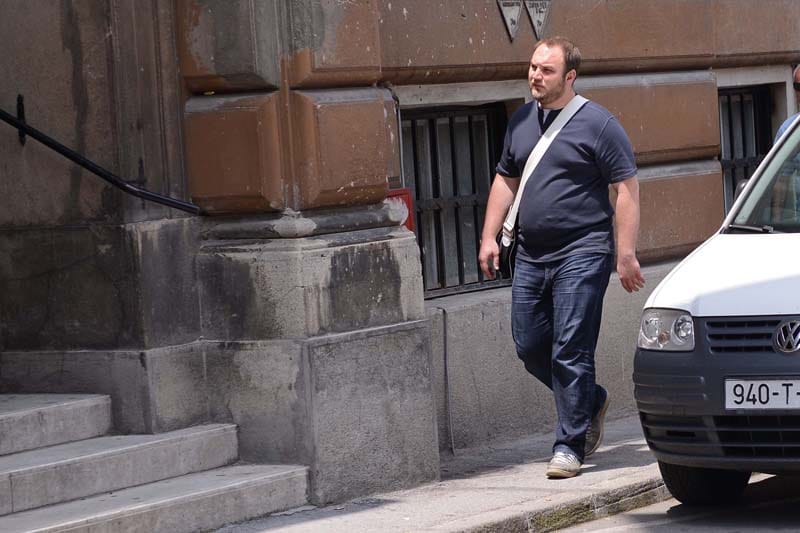
Even though his testimony took place a year after the indictment was filed, the prosecutor Džemal Karić did not know the things that the expert talked about and was unable to pose a single question.
“I plead for adjournment so that I could prepare myself”, said Karić.
At the next hearing a prosecutor Miroslav Jonjić showed up instead.
Defense attorneys Vasvija Vidović, Dragan Barbarić and Lejla Ćović were adamant that the witnesses were not scammed. The witnesses chose themselves to invest and they were warned of the risks.
Reuf Sulejmanović, Raiffeisen Bank manager of treasury, financial markets and investment banking, told CIN that there were no bulletproof profits on the stock exchange.
“If I were to tell you that I knew what the price of dollar would be in a month, I would probably not be doing the job I’m doing now. I would do one move in life and be on top”, said Sulejmanović.
He explained that Forex currency trading is about buying one country’s currency and selling another country’s currency depending on the exchange rate. The rate is based on supply and demand. Trading can be done through the authorized and registered brokerages but he was not aware that there were any such outlets in BiH.
The first-instance trial before the Municipal court in Sarajevo ended with acquittal of all the defendants four months ago.
Judge Lejla Konjić said that “the Prosecutor’s Office did not prove that the defendants Bukva, Džaferagić and Šrbac falsely represented facts or misled the victims. She went on to say that these were not “non-existing companies, but types of contractual relations with the firm with whom the investors first got in touch via the defendants and afterwards they did it directly, via the Internet”.
She said that there was the possibility of appeal. Sarajevo Municipal Court officials confirmed for CIN that the appeal was submitted at the beginning of this month. The case has not yet reached the Cantonal Court in Sarajevo. The Prosecutor’s Office refused to talk with the reporters.
The judge told the victims to file a lawsuit.
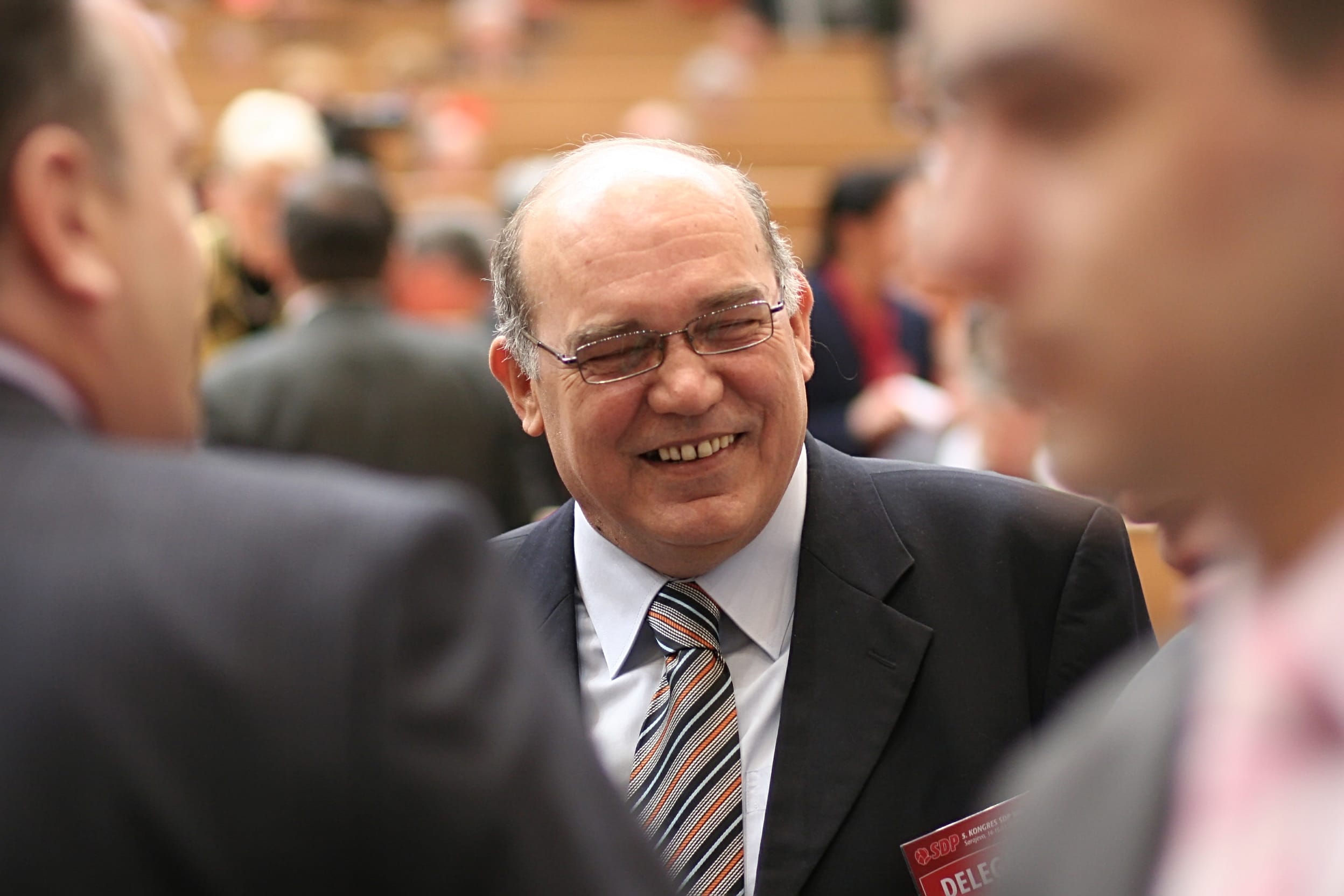
Hrvat said that he had no money to file a lawsuit and that he was making ends meet with 460 KM he earned on a construction site. “I calculated. I needed around 40 years to earn what they took from me and I am 51 year old”, said Hrvat.
He said that it was hard to live knowing that his best intentions have destroyed the life of his children. “Every time I go to bed I think about it. When I get alone, those are the hard moments, it pops on my mind right away. Actually, it is always on mind,” said Hrvat.
In the beginning of last month, the Prosecutor’s Office of Central Bosnia Canton decided not to prosecute Kordić. Prosecutor Rusmera Vilić wrote that there was not enough evidence that a crime had been committed.
In a letter to CIN she said that during the investigation numerous evidence was collected and witnesses and victims were interviewed. “The contact between the victims and the firm Forex, later a Hong Kong firm FITH, went on via email between the firm and the victim, not via the defendant Davor Kordić,” read the letter.
Anto Mađar from Busovača who reported Kordić to the police said that he had given him €5,700 that he had earned as an itinerary worker in Austria. He was a driver working with logs. He said that many people from Busovača have never complained to the police because they believed that they would eventually got their money. Mađar said that he often sees Kordić who is his neighbour. When he asks him for money, Kordić replies: “It’ll come through, It’ll come through”.

